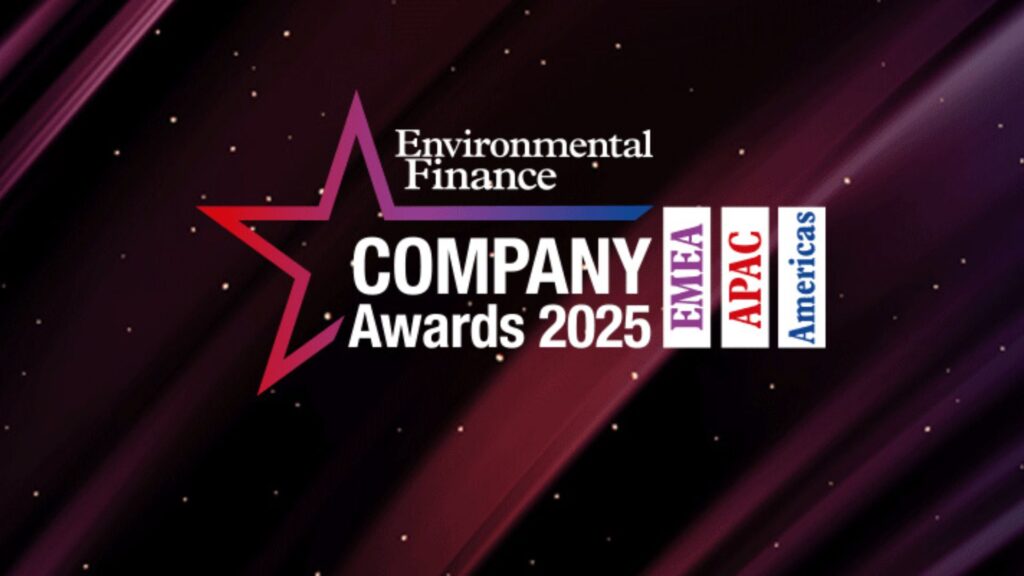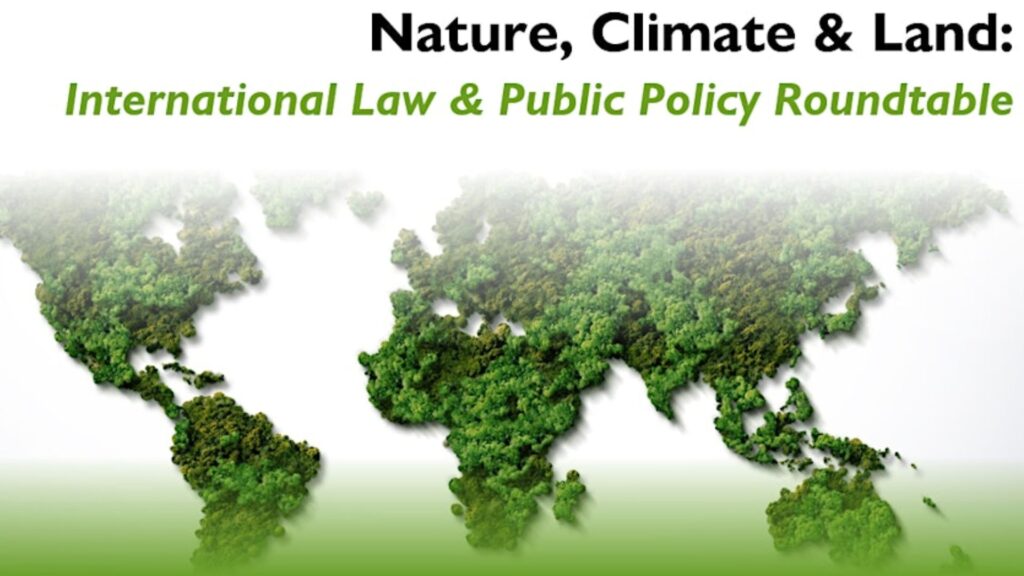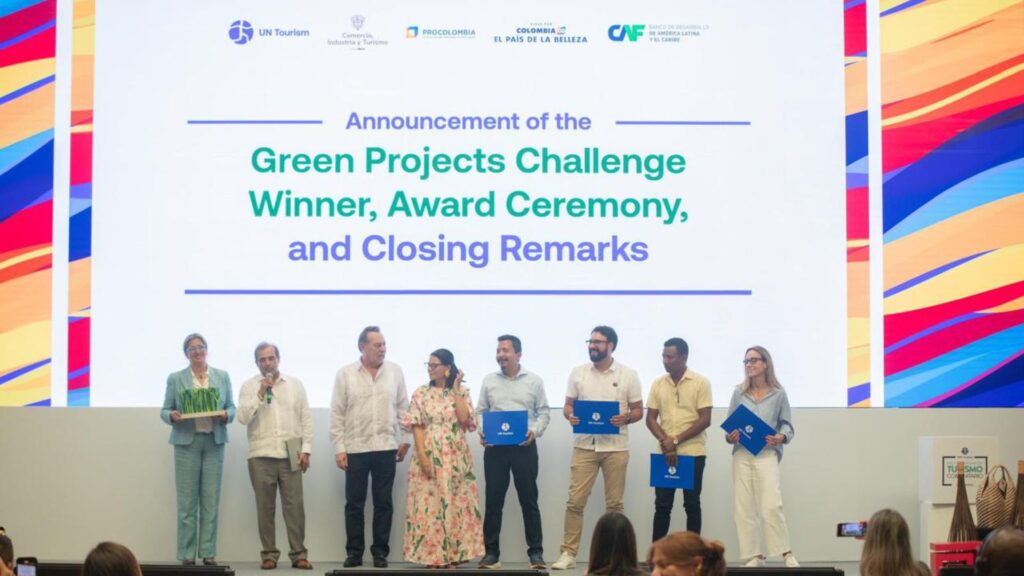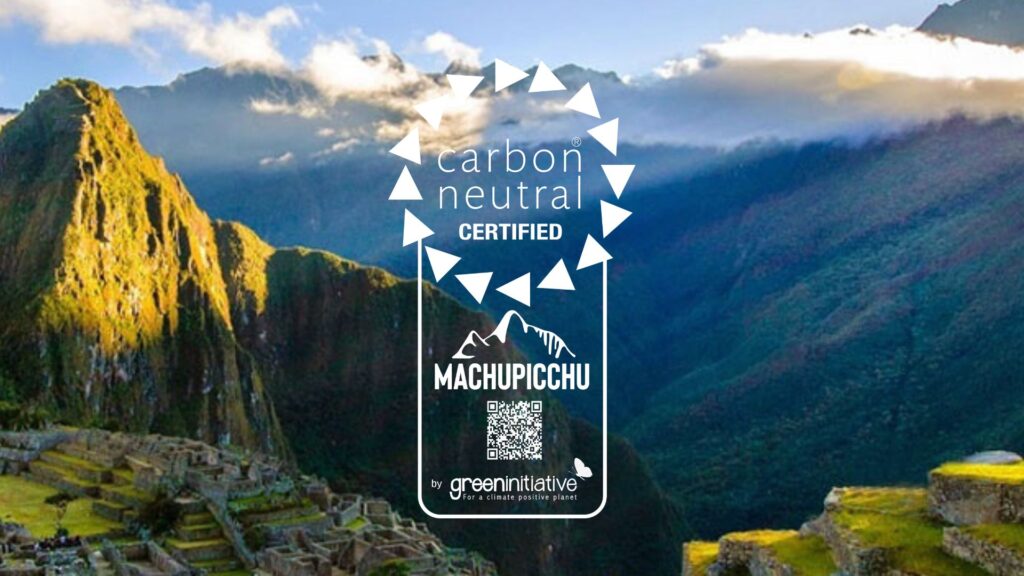A Beautiful Green Initiative Story of Climate Leadership and Real Impact to Inspire 2026 and Beyond
The end of a year is not a full stop, but a pause to look back, acknowledge lessons learned, and appreciate what has taken shape through effort, time, and conviction. For Erika Rumiche Hernández, 2025 was precisely that: a year in which knowledge moved beyond analysis and transformed into concrete action, even in the face of complex challenges and high-impact results. Throughout the year, experience, science, and commitment converged into a trajectory that demonstrates how climate action, when grounded in data and guided by purpose, can generate measurable and lasting impact. A Year of Action, Learning, and Impact In 2025, Erika led more than 50 multi-sector projects across 18 countries, demonstrating that measuring to reduce and committing to innovative ideas can generate real change. Her work reflects a strong belief that climate action must go beyond intention and be translated into systems, strategies, and results. Her collaborative and strategic approach reinforces her dedication to advancing toward a net-zero economy and a sustainable, nature-positive future, even in complex and diverse cultural and institutional contexts. Leadership in Climate Action and Net-Zero Strategies Erika’s work spanned data, strategies, and highly technical processes, yet it was always guided by values such as responsibility, commitment, and openness to new challenges. In a year marked globally by climate, social, and economic crises, 2025 served as a constant reminder of what truly matters. The future only makes sense when collective and innovative solutions are pursued to protect life and nature, reduce emissions, and align every action with that purpose. This principle consistently guided her professional decisions and leadership style. International Recognition: Rising Star – Under 30 One of the most significant moments of the year was receiving the Rising Star – Under 30 award from Environmental Finance. The recognition highlighted her approach of measuring to transform, building agreements among diverse stakeholders, and demonstrating that achieving net-zero emissions is possible—even in culturally and socially complex environments. As Technical Lead at Green Initiative, Erika played a central role in making Machu Picchu the world’s first carbon-neutral tourism destination, marking a global milestone for climate action in tourism. Machu Picchu as a Living Laboratory for Sustainable Tourism Machu Picchu became much more than a certified destination—it evolved into a real-world laboratory where climate action, culture, territory, and community are deeply interconnected. Second Carbon Neutral Certification (2024): Key Results Results from the second certification in 2024 showed an 18.77% reduction in GHG emissions compared to the 2019 baseline year. This was achieved through decarbonization strategies such as waste segregation, PET plastic compaction, biochar production, and the use of electric vehicles. These actions integrated circular economy principles while generating tangible local, social, and environmental benefits. Third Carbon Neutral Certification (2025): Consolidating a Replicable Model The third certification in 2025 consolidated a long-term sustainability vision applied to a UNESCO World Heritage site. The destination achieved a 7.26% reduction in GHG emissions per tourist, further strengthening the link between climate action, cultural heritage, and local communities. Machu Picchu proved that it is possible to protect humanity’s heritage while building replicable climate solutions with real impact for global tourism. Global Dialogue on a New Economy: The Economy of Francesco Beyond her role as Carbon Management Coordinator, 2025 also opened spaces for deeper reflection and broader challenges. Erika represented Green Initiative at The Economy of Francesco, an international initiative led by Pope Francis to rethink a more just, humane, and sustainable economic model. This experience connected her technical climate work with a profoundly human dialogue on the purpose of the economy and its role in collective well-being. Forest Friends: From Carbon Measurement to Ecosystem Restoration During the Extraordinary Entrepreneurial Ideas Session, Erika presented Forest Friends, a web application developed by a multidisciplinary team at Green Initiative. The platform enables individuals and organizations to measure their carbon footprint and actively contribute to ecosystem restoration by planting native trees. Forest Friends promotes a regenerative economy, turning climate responsibility into a tangible and accessible action for biodiversity protection. Prophetic Voices for a New Economy Among thousands of participants worldwide, Erika was selected to deliver a speech at the opening of the event in the Prophetic Voices for a New Economy segment. In her speech, she shared her personal journey—from her childhood in Lima, Peru, and the deep connection with nature inspired by her grandmother, to the disappearance of the Pastoruri glacier, which sparked her commitment to climate action. This path led her to study Environmental Engineering and later join Green Initiative, where she now coordinates carbon management and ecological restoration projects. Her story illustrated how personal experience, scientific knowledge, and collective action can converge into meaningful climate leadership. The Power of Collaboration and Collective Impact 2025 reaffirmed a fundamental truth: extraordinary achievements are never reached alone. Surrounding oneself with dreamers and people who turn ideas into action is essential. To achieve truly extraordinary performance, strong teams are required. This is precisely what Green Initiative represents—collaboration, trust, and positive ambition translated into measurable and lasting impact. Looking Ahead: Inspiring 2026 and Beyond As we look toward 2026 and beyond, one conviction remains clear: true impact is neither immediate nor individual. It is built step by step, with consistency, patience, and the courage to turn knowledge into action. Every recognition reflects responsibility. Every achievement expands the reach of collective work. This year-end reflection does not mark an ending, but the continuation of a story that invites belief in a sustainable future—one that always begins with the decision to act. Erika’s journey is a call to move from intention to action, reminding us that meaningful change starts with courageous choices made today, in favor of climate, nature, and future generations. Congratulations, Erika.Your journey reflects the very essence of what Green Initiative stands for: rigor, responsibility, collaboration, and purpose translated into real-world impact. Your leadership, dedication, and ability to turn knowledge into action continue to inspire teams, partners, and communities across borders. As we look ahead, your work reminds us that meaningful change is built with courage, consistency, and a deep commitment









